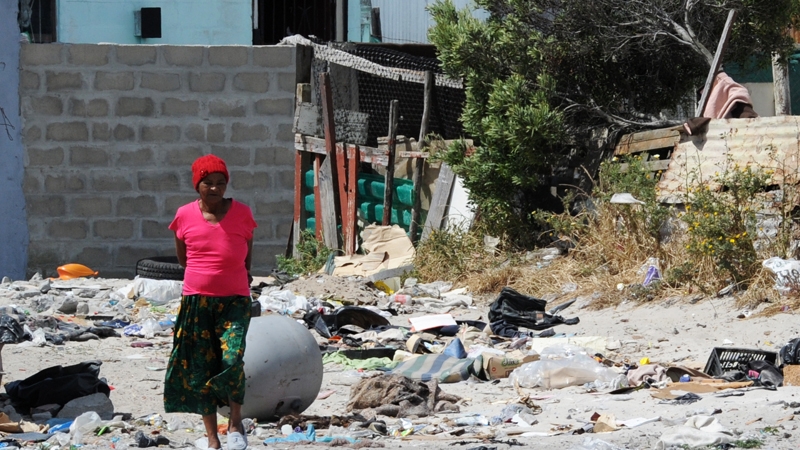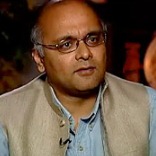CAPE TOWN – “I’ve never done this in public before,” said former eThekwini Water CEO Neil Macleod, as he dialed the number of his water utility’s call center. “It might be embarrassing if they don’t pick up.” eThekwini Water and Sanitation, one of the most well-known utilities in Africa and the winner of the Stockholm Industry Water Award, is committed to answering 90% of calls within 30 seconds. After six seconds, Neil congratulated his former employee for the prompt response and took a deep breath as the room filled with applause from the water utility CEOs who had joined his training session on customer service.
This energetic knowledge exchange characterized a three-day African Water Utilities’ CEO Leadership Course organized by the World Bank Group’s Water Global Practice. The course created a space for African urban water utility CEOs to come together and exchange experiences through intensive sessions on topics ranging from infrastructure expansion and maintenance to customer service and human resources management. The discussion built on constructive insights from fellow CEOs and course presenters from successful African utilities, the private sector, and the World Bank.
“As soon as we began discussing, I realized that many of my peers’ concerns, such as balancing service expansion with asset management, or cost recovery, echoed my own,” explained Ms. Bongi Ndiweni, CEO of the Zimbabwe National Water Authority. “It was reassuring to have a platform to productively address them.”
With good reason, the sector is feeling the urgency of institutional reforms. In the next 20 years, Africa’s urban population will double, increasing the gap for water and sanitation services to approximately 400 million people. CEOs play a critical and often difficult role as mediators between local contexts and their own utilities, making them key actors in addressing this challenge. The workshop is part of increased efforts by the World Bank and its partners to foster dialogue among peers in the sector.
According to Michael Webster, a Senior Water and Sanitation Specialist, who led the organization of the course, “Investment and support to institutional reform can catalyze utilities’ response to this challenge, especially by training and inspiring the next generation of their leaders.” Sharing the experiences of utilities like eThekwini Water and Sanitation through south-south knowledge exchange motivates proactive measures towards reform.


